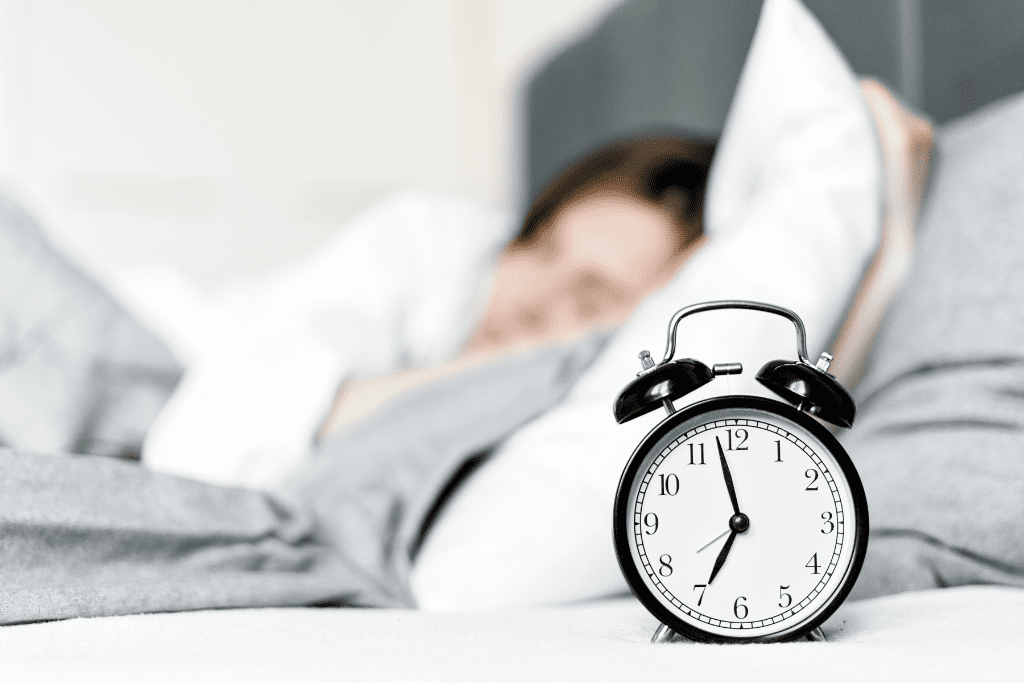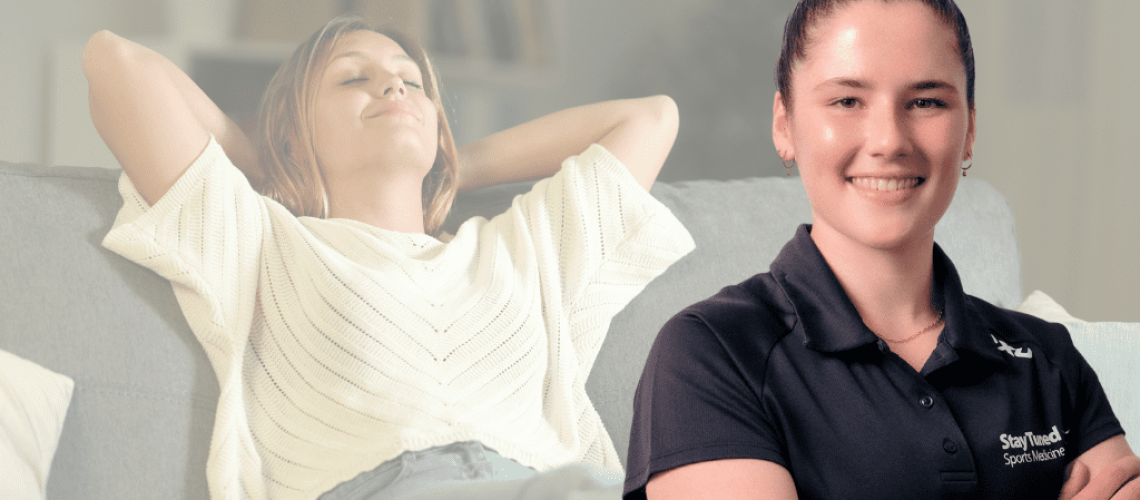I meet a lot of people who think that pushing through pain, skipping sleep, or staying constantly busy is a sign of strength. But the truth is, rest is not weakness. In fact, it’s one of the most powerful tools your body has for healing.
Here’s why rest plays such a key role in your recovery; whether you’re dealing with an injury, fatigue, or just trying to feel better in your body.
1. Your body repairs itself when you rest
When you’re asleep or taking it easy, your body isn’t being lazy, it’s working hard behind the scenes. During deep sleep, your body releases hormones that repair muscles, reduce inflammation, and even support your immune system.
If you’re not sleeping enough, your body may struggle to rebuild tissue or recover after exercise. Research shows that sleep helps your muscles grow stronger and recover faster, while too little rest can actually slow healing down (Ellis et al., 2021).
Bottom line: You don’t get stronger or heal while exercising, you do it while resting afterward.
2. Recovery takes time – Not just “Catching up” on sleep
If you’ve had a few nights of poor sleep, sleeping in on the weekend won’t instantly fix everything. Scientists have found that different parts of your body and brain recover at different speeds, so real recovery takes more than one long nap (Erlacher & Banks, 2022).
That’s why it’s important to make rest part of your everyday routine, not just something you do when you crash.
Tip: Aim for consistent sleep and schedule rest just like you schedule workouts or work time.

3. Mental rest is just as important as physical rest
Rest doesn’t just mean lying in bed. Taking breaks from screens, work, or mental stress gives your brain a chance to reset. This kind of rest helps with focus, memory, and even mood.
Studies show that when athletes or students take proper rest, they learn skills faster and perform better, not just physically, but mentally too (Erlacher et al., 2023).
Try this: Diaphragmatic breathing, meditation, or quiet time during your day can do wonders for your nervous system – see Fight, Flight, or Just Frazzled? Understanding Your Nervous System from an Osteopath’s perspective.
4. Athletes and active people often don’t rest enough
You might be surprised to know that many athletes, even pros, don’t rest enough. This leads to higher stress levels, sore muscles, poor performance, and more frequent injuries.
Research shows that sleep and structured rest are just as important as training when it comes to improving strength, endurance, and health (Ellis et al., 2021).
Osteo tip: If you’re working out regularly, plan “active rest days” with walking, stretching, or yoga. Your body will thank you.
5. Osteopathy can help improve rest and recovery
I’ve seen firsthand how osteopathic treatment can help people sleep better, move more freely, and feel calmer. Gentle hands-on techniques can release tension, improve circulation, and reset the nervous system.
This helps people sleep deeper and heal faster, especially those dealing with ongoing pain or injuries (Antonyan et al., 2024).
Think of it like this: Osteopathy helps take the pressure off so your body can do what it naturally wants to, heal.
In a nutshell: Why you need rest
- Your muscles rebuild during rest, not activity.
- Your brain needs downtime to stay sharp and focused.
- Deep sleep is essential for healing and health.
- Overdoing it leads to slower progress, not faster.
- Osteopathic care can support better rest and faster recovery.
Want to Feel Better, Faster?
If you’re always tired, getting injured often, or feel like you’re never quite recovering after exercise or stress, don’t ignore the need for rest.
In osteopathy, we believe your body has the ability to heal itself, and rest is one of its greatest tools.
So next time you feel like pushing through the pain, pause, and consider what your body’s really asking for.
Dr Emily Sandman
Osteopath
E: Emily.Sandman@staytuned.com.au

References
Antonyan, L., Smith, H., & Taylor, J. (2024). Osteopathic treatment improved sleep and pain in people with recurring injuries. Journal of Manual & Integrative Therapy, 18(2), 145–153.
Ellis, R., Thompson, B., & Zhao, M. (2021). Athletes with better rest perform better and stay healthier. Sports Health Journal, 13(4), 267–273.
Erlacher, D., & Banks, S. (2022). Rest after poor sleep takes time to truly restore your body and brain. Sleep Science Review, 30(1), 101–109.
Erlacher, D., Muller, C., & Kim, J. (2023). Rest and recovery are vital for learning new movements and building habits. Cognitive Motor Learning Quarterly, 9(1), 55–64.
Guzzetti, M., Lee, Y., & Chen, A. (2021). Recovery sleep is essential for mood and energy after sleep loss. Neuroscience and Sleep, 5(3), 211–220.

